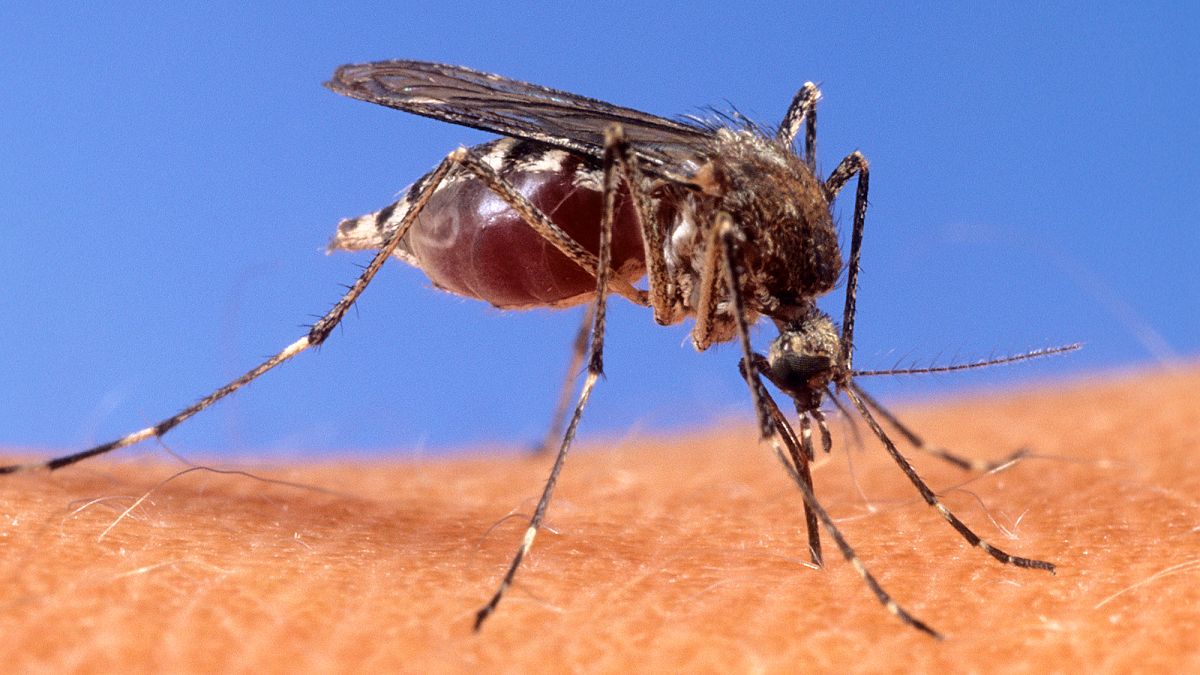

In a world where health issues continue to interact with daily life, attention is drawn to some significant recent developments. From Italy reports about West Nile virus to critical assessments of maternity care, each topic highlights crucial insights and developments in global health.
Starting in Italy, recent reports have detailed the occurrence of West Nile virus in the province of Latina, approximately 100 kilometers from Rome. As of late July, local health authorities have confirmed 32 cases, including two unfortunate fatalities. This emergence underscores the mosquito-borne nature of the West Nile virus, sparking public health advisories to enhance preventative measures and shield vulnerable groups such as the elderly and those with weakened immune systems. The situation in Latina emphasizes the importance of diligence in monitoring and controlling mosquito populations, not just in Italy but also in similar climates globally.
Meanwhile, in the United Kingdom, a landmark study stresses systemic challenges faced by Black and mixed-ethnicity women in the realm of maternity care. The research brings to light the disparities and inadequacies in healthcare delivery, urging a more inclusive and equitable approach to maternity services. It highlights that these women often face neglect, which points towards a need for policy reforms that prioritize diversity and inclusivity in healthcare services. Encouraging an environment where all individuals receive the care and attention necessary during maternity not only fosters trust but also promotes better health outcomes.
Additionally, recent news has shed light on the late rock legend Ozzy Osbourne’s battle with Parkinson’s disease. This neurologic condition, known for progressively impairing movement control, brings awareness to the challenges faced by individuals living with it. Parkinson’s disease is marked by symptoms such as tremors, stiffness, and slowness of movement, reminding us of the broader need for continuous research and support to improve the quality of life for those affected.
The conversation around health also extends to technological advancements, with the proliferation of at-home health tests garnering attention. Despite their growing popularity, a recent UK report raises questions about the reliability and clarity of these self-administered tests. Consumers may find it difficult to discern high-quality products from less reliable counterparts, suggesting a need for better regulation and guidance in the market. It underscores the importance of informed decision-making, allowing individuals to navigate their health with careful consideration and reliable information.
In a complementary realm, menstrual cycle data has emerged as a significant yet underutilized health resource. Experts advocate for the routine documentation of menstrual cycle characteristics—such as cycle length, regularity, and bleeding intensity—in healthcare records. Such data, often overlooked, can play a pivotal role in identifying medical conditions early, fostering preventive care. Vital conversations around menstrual health highlight its value not only for reproductive health but as a barometer of overall well-being, promoting broader adoption in health record systems.
Through these various health stories, spanning from Italy to the UK, we observe a global landscape that demands attention to diversity, technology, and proactive health measures. Each narrative reinforces the need for comprehensive approaches and informed policies that bridge gaps and bring us closer to a healthier, more inclusive world.
Source: {link}
